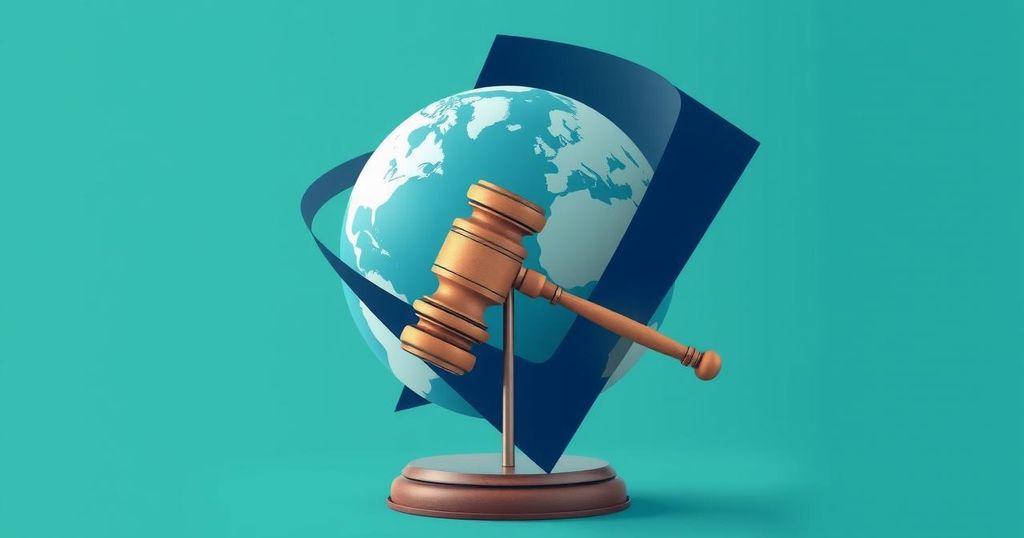Iran has appointed Reza Najafi as its new ambassador to various Vienna-based organizations, including the UN nuclear watchdog, succeeding Mohsen Naziri-Asl. Najafi previously served in this role during the time of the JCPOA agreement. Current tensions remain high amid allegations of uranium enrichment and Iran’s commitment to reviving the nuclear accord despite mixed signals from US leadership.
Iran has appointed Reza Najafi as its new ambassador and permanent representative to several international organizations in Vienna, including the United Nations nuclear watchdog. This change in representation follows Mohsen Naziri-Asl, who has been in this position since 2022, as reported by the ISNA news agency.
Najafi, a former deputy foreign minister, previously served in this role from 2013 to 2018. His tenure coincided with the historic signing of the Joint Comprehensive Plan of Action (JCPOA), which sought to impose restrictions on Iran’s nuclear programme in exchange for the lifting of sanctions.
However, the JCPOA unraveled after the United States withdrew from the agreement in 2018 under President Donald Trump. Concerned with Iran’s nuclear ambitions, the US reinstated a strict sanctions policy. Despite Iran’s initial compliance, the country began to scale back its commitments after waiting a year to gauge the effects of the US withdrawal.
Recently, the head of the United Nations atomic agency, Rafael Grossi, indicated that Iran is enriching uranium at a 60 percent threshold, nearing weapon-grade levels, and described the 2015 nuclear deal as an “empty shell” unsuitable for its original purpose.
Despite ongoing diplomatic tensions, President Trump has expressed interest in negotiating a new agreement, while Iranian Supreme Leader Ayatollah Ali Khamenei maintains that “no problem will be solved by negotiating with America.”
In conclusion, Reza Najafi’s appointment as Iran’s new envoy to the UN nuclear watchdog comes at a critical time marked by complex diplomatic relations surrounding Iran’s nuclear program. The legacy of the JCPOA continues to influence current negotiations, with heightened concerns regarding uranium enrichment levels and calls for renewed dialogue overshadowed by skepticism from Iranian leadership.
Original Source: www.dawn.com




